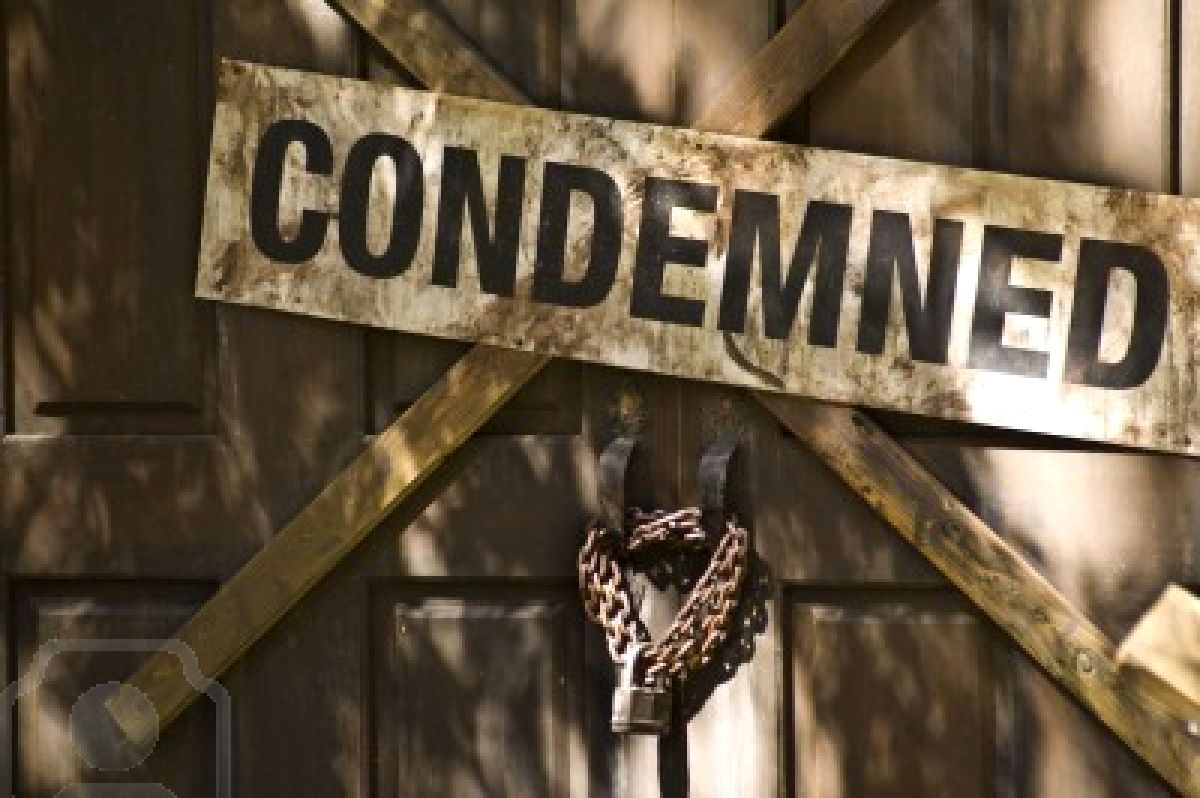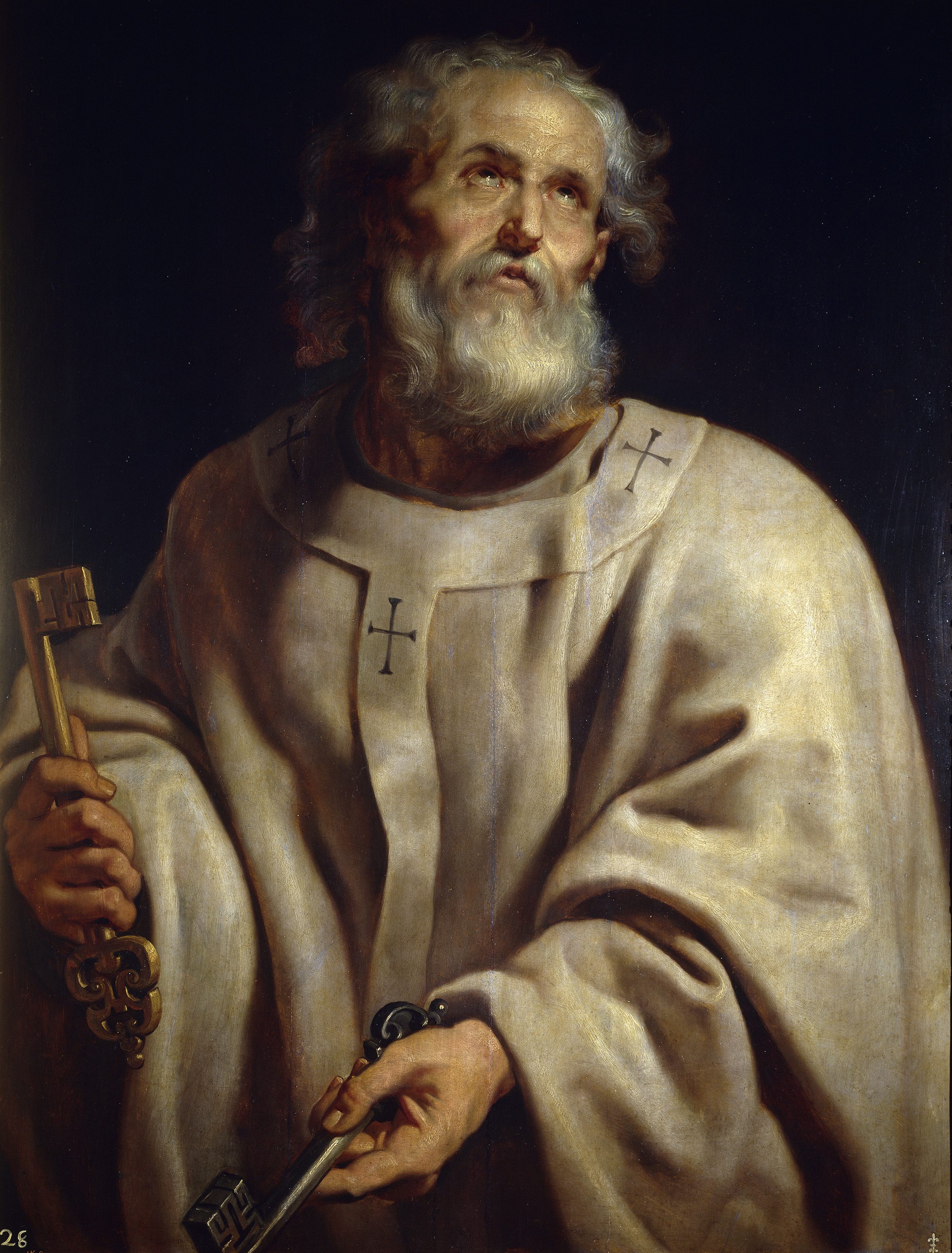Ever since the beginning of human history, our species has
been skilled in two different activities: war and communication. Whatever your
opinion about the statement is irrelevant because it is the truth. The Word of
God speaks of wars between kings during the time of Abraham. Heck, the first
two recorded siblings ended up with one brother killing the other. So, it is
safe to say that one of the oldest traditions is that of the war story. The
oldest known text outside of the Bible is The
Epic of Gilgamesh, an epic poem about a mighty warrior king, Gilgamesh, who
fights impossible creatures and overcomes enormous odds in the search for
eternal life. Every culture has had their epics: Beowulf from the Anglo-Saxons, the Iliad from the Greeks, the Ramayana
from the Indians, The Aeneid from
the Romans, and the list goes on forever. We have carried on this tradition
today in the form of the war film. These films can be big business if done
right because of modern public’s fascination with stories of courage and
commitment similar to how the ancients wanted to be entertained.
Musings of a Christian Geek about the Word, Geek Culture, Science, Music, Movies, and anything that is deemed noteworthy.
Sunday, January 25, 2015
Monday, January 19, 2015
Where Have All the Good Guys Gone?
The unfortunate attacks on Charlie
Hebdo have brought out quite a bit of emotions and viewpoints to the forefront
of international discourse. Many media outlets have come out in support of the
magazine, broadcasting its sacrilegious cover, showing solidarity against
terrorism. It seems like some on the Left are finally waking up to the brutal
nature of these agents of evil, but I must ask: What took them so long?!
 Terrorists who have shared the killers’ ideals have been
killing people as far as I can remember. In 1983, terrorists bombed a military
barracks in Beirut
killing 299 American and French servicemen. They didn’t wake up then.
Terrorists bombed the World Trade
Center in 1993 killing six people and injuring 1,042 others. Leftists
refused to wake up then. The American embassy in Kenya
was bombed in 1998. Fatalities totaled 213 people who paid the ultimate price
and, yet, the Left did not wake up. In 2000, the USS Cole was bombed in
a suicide attack killing 17 sailors; still, nothing. September 11, 2001 woke up some for a little
while; but, as the wars in Afghanistan and Iraq heated up, many in the Left
went back to their old ways. Opinions were largely unchanged after the
London bombings in 2005 and 2007 and the brutal killing of a British
soldier in 2013.
Terrorists who have shared the killers’ ideals have been
killing people as far as I can remember. In 1983, terrorists bombed a military
barracks in Beirut
killing 299 American and French servicemen. They didn’t wake up then.
Terrorists bombed the World Trade
Center in 1993 killing six people and injuring 1,042 others. Leftists
refused to wake up then. The American embassy in Kenya
was bombed in 1998. Fatalities totaled 213 people who paid the ultimate price
and, yet, the Left did not wake up. In 2000, the USS Cole was bombed in
a suicide attack killing 17 sailors; still, nothing. September 11, 2001 woke up some for a little
while; but, as the wars in Afghanistan and Iraq heated up, many in the Left
went back to their old ways. Opinions were largely unchanged after the
London bombings in 2005 and 2007 and the brutal killing of a British
soldier in 2013. Friday, January 9, 2015
Condemnation Theology: An Enemy of Christian Preparation
Part 3 in a 3 Part Series...
Part 2: Oh How the Mighty Have Fallen!
 It might seem peculiar to think that the doomed history of
the first century Church and the bleeding of youth from the Christian culture
have anything in common, but all will soon become clear. I mentioned in part one
of the series that many parents and youth groups fail to cause their young to
embrace a Christian identity due to a lack of preparation in both a knowledge
of God’s Word and a development of a living, breathing relationship with the
Heavenly Father. Throughout this article, we will explore the relationship
aspect and the role condemnation plays in stunting our ability to see ourselves
as children of God.
It might seem peculiar to think that the doomed history of
the first century Church and the bleeding of youth from the Christian culture
have anything in common, but all will soon become clear. I mentioned in part one
of the series that many parents and youth groups fail to cause their young to
embrace a Christian identity due to a lack of preparation in both a knowledge
of God’s Word and a development of a living, breathing relationship with the
Heavenly Father. Throughout this article, we will explore the relationship
aspect and the role condemnation plays in stunting our ability to see ourselves
as children of God. Thursday, January 8, 2015
Oh How the Mighty Have Fallen!
Part 2 in a 3 Part Series
 What do I mean by singling out a Christian zeal for the Law
as a problem? Well, that and the condemnation of Christians which followed suit
with such a doctrine led to the downfall of the first century Church. We see
the beginnings of this downfall in Acts 15.
What do I mean by singling out a Christian zeal for the Law
as a problem? Well, that and the condemnation of Christians which followed suit
with such a doctrine led to the downfall of the first century Church. We see
the beginnings of this downfall in Acts 15.But some men came down from Judea and were teaching the brethren, "Unless you are circumcised according to the custom of Moses, you cannot be saved." And when Paul and Barnabas had no small dissension and debate with them, Paul and Barnabas and some of the others were appointed to go up to Jerusalem to the apostles and the elders about this question. –Acts 15:1-2
Wednesday, January 7, 2015
There Comes a Time in a Person's Life...
Part 1 in a 3 Part Series...

There is no question that the Church is facing dire circumstances with today’s youth. No matter how one looks at it, it is estimated that between 59% (Barna Group, 2013) and 70% (Stetzer, 2014) of young adults leave the faith right out of high school. Whether they come back to the Church is irrelevant to the fact that we tend to lose these precious individuals during one of the most pivotal moments in their lives. Psychosocial development as outlined by Erik Erikson defines the crisis of individuals between the ages of 12 and 18 years as identity vs. role confusion (McLeod, 2008). During this stage of development, McLeod (2008) observes of adolescents, “They explore possibilities and begin to form their own identity based upon the outcome of their explorations. Failure to establish a sense of identity within society (‘I don’t know what I want to be when I grow up’) can lead to role confusion.” Obviously, something is not clicking in the Church which is translating into a youth whose Christian role becomes confused between the ages of 18 and 19. This youth, in turn, cannot resist the lure of the big words and temptations perpetuated by the evangelical atheist crowd.

There is no question that the Church is facing dire circumstances with today’s youth. No matter how one looks at it, it is estimated that between 59% (Barna Group, 2013) and 70% (Stetzer, 2014) of young adults leave the faith right out of high school. Whether they come back to the Church is irrelevant to the fact that we tend to lose these precious individuals during one of the most pivotal moments in their lives. Psychosocial development as outlined by Erik Erikson defines the crisis of individuals between the ages of 12 and 18 years as identity vs. role confusion (McLeod, 2008). During this stage of development, McLeod (2008) observes of adolescents, “They explore possibilities and begin to form their own identity based upon the outcome of their explorations. Failure to establish a sense of identity within society (‘I don’t know what I want to be when I grow up’) can lead to role confusion.” Obviously, something is not clicking in the Church which is translating into a youth whose Christian role becomes confused between the ages of 18 and 19. This youth, in turn, cannot resist the lure of the big words and temptations perpetuated by the evangelical atheist crowd.
Subscribe to:
Comments (Atom)